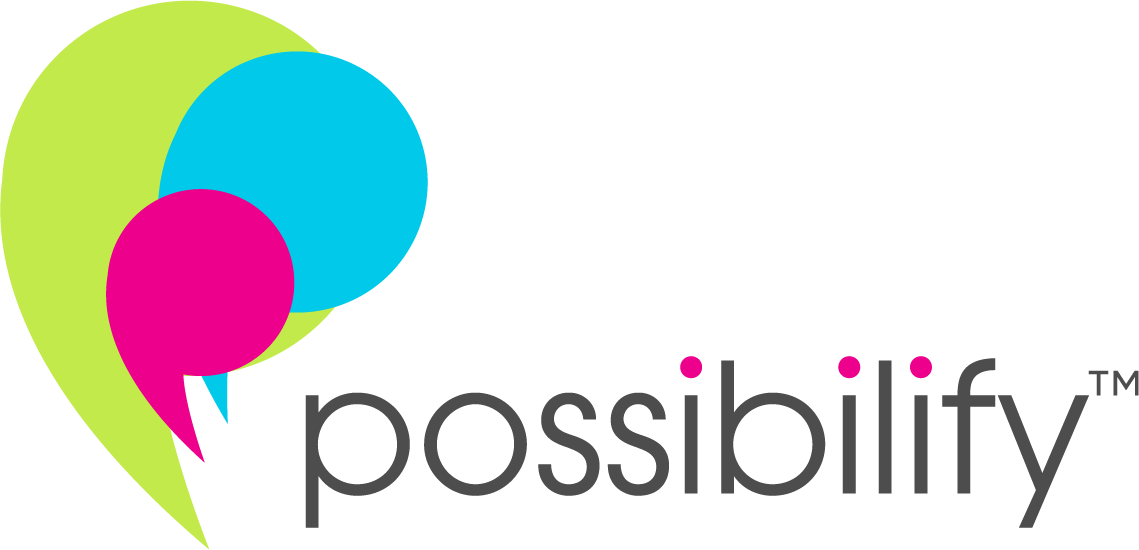- Anti-Racism Tip #8: If It Needs a Disclaimer, Don’t Say It - October 18, 2022
- On Tender Moments that Take Us By Surprise - May 18, 2022
- Finding Creative Ways to Exercise During the Pandemic - April 29, 2022
When I was just 15 years old, I got a lesson about lemonade that stuck with me while competing at a competitive level in indoor volleyball. So this story begins with a mini-lesson about volleyball…
Many of you know that in indoor volleyball, the setter is like the quarterback; the setter volleys (or sets) the ball to an attacker. The attacker then spikes the ball at the other team. The thing is…in order to set the ball to an attacker, you need a pass that ideally you can volley or at least that you can bumpset.
Well, I was a setter on my team.
When I was in grade 10, I remember that we had lost in the finals of a big volleyball tournament. On the ride home, I was complaining to my Mom about the passes. I said: “How was I supposed to set those passes? I couldn’t do anything with them!”
I’ll never forget my Mom’s reply. She paused then said: “There’s a saying that you have to make lemons into lemonade. Your job is to make it better for the next player. It doesn’t matter what kind of pass you get, your job is to make it better.”
In that moment, I was taken aback that my Mom hadn’t taken my side. But I reflected on what my Mom had shared with me and decided to take this lesson to heart – I decided that I would do my best to make the set as good as I could no matter what.
From then on I did my best to follow this philosophy: my job was to make as good a set as possible no matter what kind of pass I received. This philosophy served me well in my volleyball career and I became exceptional at “fixing” bad passes.
That lemonade moment has stuck with me and permeated all aspects of my life. I continue to carry this lesson of making it better for others with me in sport, in life, and in my career.
Putting this Philosophy into Action
Here are two examples of how this philosophy has impacted my choices and actions and hopefully carved a smoother path for those who come after.
Example #1: Eliminating Initiation on our Varsity Volleyball Team
When I was on the York Women’s Varsity Volleyball team in my first year, my sister Rachel and I had transferred from another university and after some persuasive argumentation, the veteran players agreed that we should be exempt from the initiation of first year players. Although we were in the clear, we observed the humiliating things that the veteran players did to embarrass the first year players.
There is a very concerning human urge to rationalize the mistreatment of other people or to stand by while others are being mistreated. People often justify this type of behaviour by saying: “Well, I had to suffer through it so you have to as well” or “You need to prove that you are worthy of joining our group by doing exactly what we say, even if it is unpleasant or not aligned with your personal values.”
After witnessing the publicly embarrassing initiation of our teammates (and let me assure you that at no time, unlike in some recent situations in the news, were the players ever abused or in danger), my sister and I began a conversation with the whole team. We all agreed that initiation was not an appropriate way to welcome new players to a team and, by consensus, all the veteran team members collectively decide to abolish initiation. We decided to make the path smoother for those who come after.
Example #2: Working as a Lawyer in Aboriginal Law
As a lawyer, I practice in the area of Aboriginal law and have completed my PhD in law focusing on Aboriginal law as well. In all my professional and academic work, I consider the ways in which the Canadian government can make reparations for the hundreds of years of attempted cultural genocide targeting Indigenous Peoples and the ways Canadian law can create respectful space for Indigenous Peoples and their legal systems.
I have a deep commitment to this work, partly due to my family’s own legacy with the Japanese-Canadian internment. My mother’s family was interned when she was just 6 months old and she spent the first seven years of her life in internment camps. During that time, there were a few people who stood up and said that enacting the War Measures Act and imprisoning Japanese-Canadians in internment camps was unjust. However, the majority of Canadians just stood by. Very few people stood up to make things better for those families – to make things better for my Mom and her family who were imprisoned in those camps. (And unfortunately, this imprisonment is eerily similar to the on-going detention of migrant children in the United States at the border.)
In Canada and many countries around the world, Indigenous Peoples are oppressed, silenced and killed and governments are often directly implicated or complicit in these actions. This is an ongoing, contemporary issue so I want to make sure that I stand up and do as much as I can to make the path smoother for those who come after.
A Global Movement to Make Lemonade
There have always been trailblazers who have worked to make the path smoother for those who come after. And there are many current examples of people, including many youth, fighting for a greater cause and to create a better vision of the future for those yet to come. Greta Thunberg has taken the international community by storm and criticized world leaders for their inaction on climate change. The Parkland survivors are calling for significant change to gun regulation and lobbying. Autumn Peltier called on the United Nations to “warrior up” to protect the water for all generations. The Me Too movement is empowering women to call out sexual assault and violence in all its forms. And of course, all the people who are standing up against police brutality and excesses in state power in the United States and across the world to seek justice for George Floyd and the countless other Black men, women and children who have been brutally killed at the hands to police.
All of these activists and warriors are doing this to make the path smoother for those who come after.
So consider how we can embrace this philosophy in our daily lives: how can we make the path smoother for those who come after?
If we each reflect on the choices we make, the places we direct our efforts, and the footprints we are leaving on this earth, we can do some amazing work in this world to make the path smoother for those who come after.
As we walk through a world full of lemons, let’s work together to make lemonade for those yet to come!
We would love to hear your thoughts on this in the comments below and if you enjoyed this article, please share it!
If you enjoyed this article, check out:


This is good stuff. Thanks.
Thanks Dieter! Much appreciated that you took the time to let us know!
Isn’t it amazing how one comment many years ago can have such an impact? I remember that conversation with a young teenager on the drive home! I have watched you in the next decades put this lesson into action in many arenas. Good for you, Kirsten. Yea for lemonade!!
One comment from an influential person in a child’s life can have a very important impact. It makes me think about how important it is that I take care in what I say to my kids! Thanks for that important lesson as well as the specific lesson on making lemonade! Kirsten